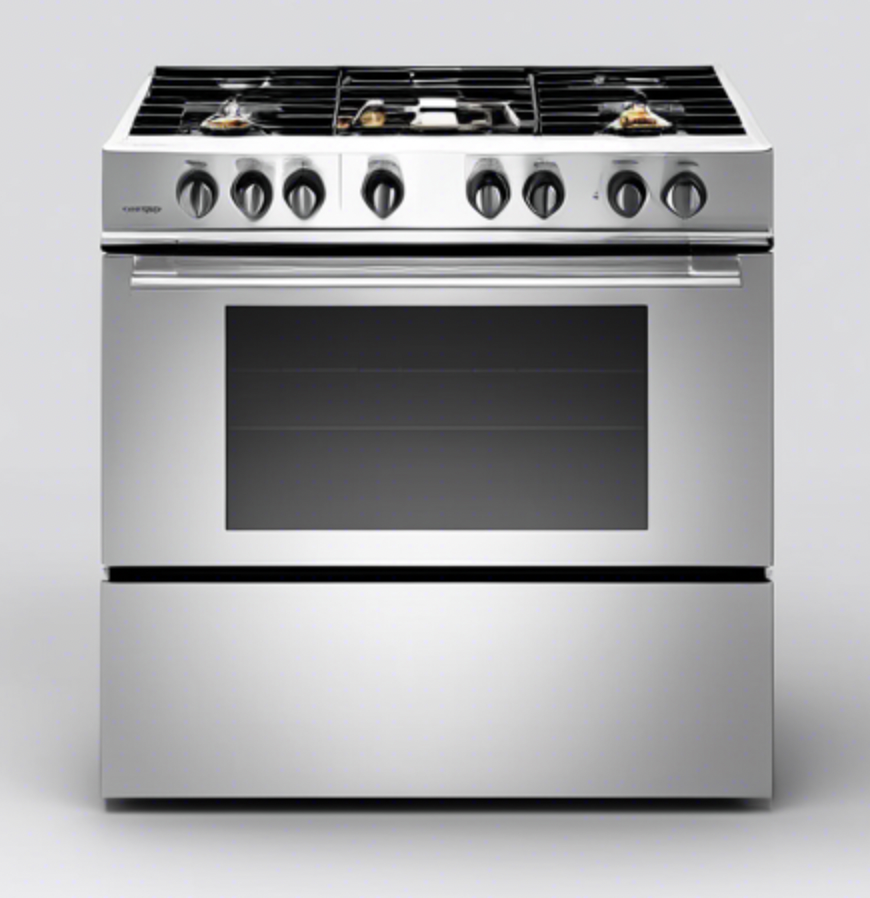
When it comes to choosing between gas and electric appliances for your home, there are several factors to consider. The decision can have a significant impact on your utility bills, energy efficiency, cooking performance, and overall convenience. In this comprehensive guide, we will explore the pros and cons of gas and electric appliances to help you make an informed choice that best suits your needs and preferences.
Gas vs. Electric: Operating Costs and Installation Expenses
One of the primary considerations when comparing gas and electric appliances is the cost. While gas appliances may be more expensive upfront, they generally offer lower operating costs in the long run. Natural gas, as a fuel source, is consistently cheaper than electricity, resulting in potential savings of up to 30% on monthly utility bills. However, it’s essential to factor in the additional expenses associated with installing gas lines and purchasing gas appliances. These upfront costs can vary depending on your home’s existing infrastructure and may impact the overall affordability of gas appliances.
Energy Efficiency and Environmental Impact
Energy efficiency is another crucial aspect to consider when choosing between gas and electric appliances. Gas appliances, particularly dryers, are often preferred for their energy-efficient performance. They consume less energy to accomplish the same tasks, contributing to lower utility bills and reduced environmental impact. Additionally, natural gas is a cleaner-burning fuel compared to other fossil fuels, resulting in lower greenhouse gas emissions. However, it’s important to note that the overall environmental impact of gas appliances depends on the source of electricity. If your electricity comes from renewable sources, such as wind or solar, electric appliances can also be environmentally friendly.
Cooking Performance: Gas vs. Electric Stoves
For those passionate about cooking, the performance of stoves and ovens is a critical consideration. Gas stoves are favored by many professional and home chefs due to their superior temperature control and instant heat. They allow for precise adjustments and quick response to changes in heat settings. Gas ovens also provide even baking results and impart a unique flavor to food. On the other hand, electric stoves offer a smooth, easy-to-clean surface and consistent heat distribution. While they may take longer to heat up and cool down compared to gas stoves, electric ovens are known for their reliable and even baking capabilities.
Safety Considerations: Gas Leak and Carbon Monoxide Risks
When it comes to safety, it’s important to address potential risks associated with gas appliances. Natural gas is highly flammable, and the risk of a gas leak should be taken seriously. However, with proper installation, regular maintenance, and appropriate ventilation, the chances of a gas leak can be minimized. It’s crucial to install carbon monoxide detectors and familiarize yourself with the signs of a gas leak. Electric appliances, on the other hand, eliminate the risk of gas leaks but carry their own safety concerns, such as the risk of electrical fires and electrocution. Adhering to safety guidelines, regular inspections, and proper installation can help mitigate these risks and ensure the safe operation of your appliances.
Accessibility and Infrastructure Requirements
Before deciding between gas and electric appliances, it’s crucial to assess the accessibility and infrastructure requirements of your home. Not all homes have access to natural gas, and retrofitting a home with gas lines can be a costly endeavor. If your home is not already equipped for gas appliances, it may be more practical to opt for electric appliances. Electric appliances can be easily installed and do not require the extensive infrastructure modifications associated with gas appliances. Additionally, consider the availability and cost of natural gas in your area, as prices can vary regionally.
Resale Value and Homebuyer Preferences
The impact of gas and electric appliances on the resale value of your home is another consideration. While some experts believe that gas appliances can increase home value, others argue that the actual value is not significantly affected by the choice between gas and electric appliances. Ultimately, homebuyers prioritize factors such as the number of bedrooms, layout, and overall condition of the home over the specific type of appliances. However, it’s worth noting that a significant portion of homebuyers prefer natural gas appliances, so having gas infrastructure in place may appeal to potential buyers.
Conclusion: Making the Right Choice
In conclusion, choosing between gas and electric appliances requires careful consideration of various factors. Gas appliances generally offer lower operating costs and superior cooking performance, making them a popular choice among homeowners. However, the upfront costs and infrastructure requirements associated with gas appliances should be taken into account. Electric appliances, while often more affordable upfront and easier to install, may have slightly higher operating costs. Additionally, consider the accessibility of natural gas in your area and the environmental impact of the chosen fuel source. Ultimately, the right choice depends on your specific needs, budget, and preferences.
By understanding the pros and cons of gas and electric appliances, you can make an informed decision that suits your home and lifestyle. Whether you prioritize energy efficiency, cooking performance, or long-term cost savings, there are options available to meet your requirements. Consult with a professional to assess your home’s infrastructure and discuss the best appliances for your needs. With careful consideration and expert guidance, you can create a home equipped with appliances that enhance your comfort, efficiency, and overall satisfaction.
Call First Response Plumbing for any gas line inquiries! 561-477-6161